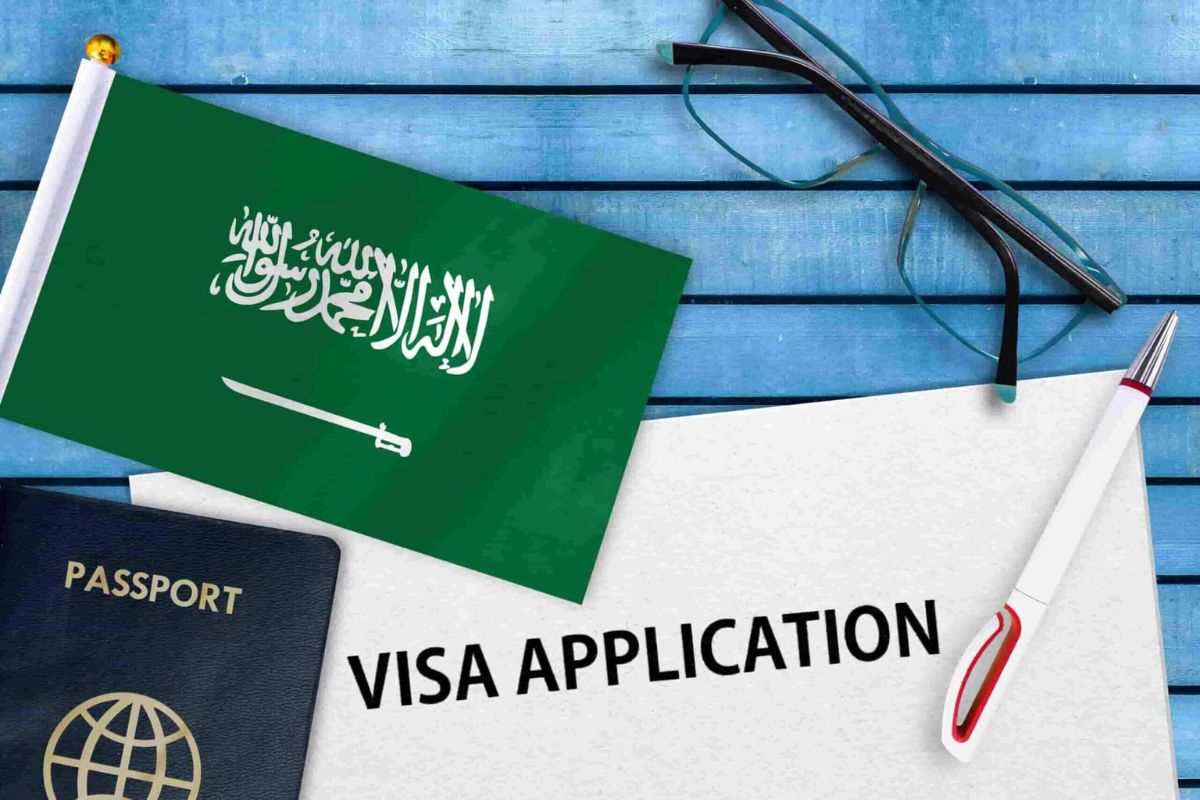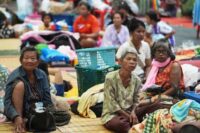News | Events | Digital PR | Advertising
Saudi Arabia Suspends Visas For Nigeria and 13 Other Countries as HAJJ 2025 Approaches

Saudi Arabia has temporarily halted the issuance of Umrah, business, and family visit visas for citizens of 14 countries, including Nigeria, Egypt, India, and Pakistan, as it prepares for the upcoming Hajj season Beesreign Media reports.
According to officials who spoke with ARY News, the decision aims to prevent unregistered individuals from attempting to perform Hajj without official authorization.
The suspension follows concerns about the increasing number of pilgrims trying to join the annual pilgrimage without valid permits. Over the years, many visitors have overstayed their visas, leading to overcrowding and posing serious safety threats, as reported by Arab News.
Authorities also raised alarms about the misuse of business and family visit visas by people entering the Kingdom and engaging in illegal work—an act that not only violates visa rules but also disrupts the country’s labour market.
In a statement, the Saudi foreign ministry explained that the new visa restrictions are part of efforts “to streamline travel procedures and enhance safety during Hajj.”
The ministry also warned that anyone found residing illegally in the Kingdom could face a five-year ban from reentry.
Countries affected by this measure include India, Pakistan, Bangladesh, Egypt, Indonesia, Iraq, Nigeria, Jordan, Algeria, Sudan, Ethiopia, Tunisia, Yemen, and Morocco.
Despite the restrictions, ARY News noted that those already holding Umrah visas may still enter Saudi Arabia until April 13. The suspension is expected to last through mid-June, when the Hajj concludes.
Last year’s Hajj season saw the deaths of at least 1,301 pilgrims, mostly due to heat-related illnesses. A large number of those who died were unregistered pilgrims who lacked access to critical services such as shaded tents, medical care, and emergency assistance.
Saudi authorities disclosed that approximately 400,000 pilgrims participated in Hajj without permits in 2024, with a significant portion coming from Egypt.
Due to limited quotas allocated by a lottery-based system and the high cost of official packages, many people continue to seek alternative, unauthorized means to perform the pilgrimage—often at great personal risk.
Explore more
Tiwa Savage Marks Triumphant Return with New Album “This One Is Personal” After Five-Year Hiatus
After a long wait, Nigerian music superstar and queen of Afrobeats, Tiwa...
Scientists Research Nigeria’s Okra, Maize, Four Other Crops During NASA’s Space Mission
International astronauts will research six indigenous Nigerian crops and seeds during the...
Tinubu appoints Omotenioye Majekodunmi as Director-General of National Council on Climate Change
President Bola Ahmed Tinubu has appointed Mrs. Omotenioye Majekodunmi as the new...
Tinubu Extends Tenure Of The Comptroller-General Of Customs By A Year
President Bola Tinubu has approved a one-year extension of the tenure of...












Leave a comment